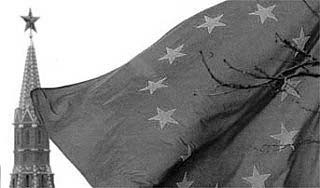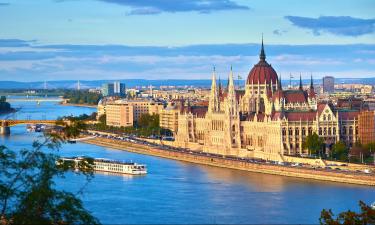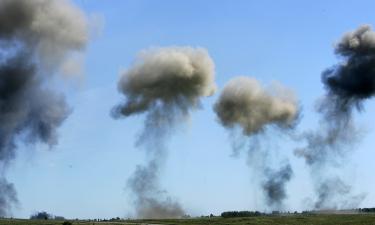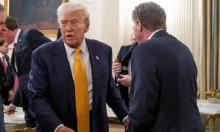Russia and EU to establish joint economic space
The detailed conversation between Russia and the EU about the joint economic space is virtually a matter of distant future
Russia and the European Union can finish talks about the establishment of the Joint Economic space in 2006. The statement became the forecast from the Russian Minister for Economic Development and Trade, German Gref, which he announced at President Putin's meeting with governmental members. Vladimir Putin called the minister an optimistic person in return. 
The issue about the European Union was touched upon yesterday, when Putin asked the government to prepare the plan of measures for the economic cooperation. The plan will be used during the Russia-EU summit, which is slated for May 10th.
German Gref pointed out that the work on the establishment of the joint economic space will comprise three stages. At first, one will have to decided what should be done in terms of the economic cooperation, draw up plans and think about their implementation. The minister assured the president that it will be possible to complete all the three stages already by 2006. Vladimir Putin pointed out, though, that it was a very optimistic forecast to make.
Russian Prime Minister Mikhail Fradkov promised the president that the government would timely prepare the special plan regarding the measures to create the joint economic space with the European Union. German Gref, the Minister for Economic Development, will be in charge of the plan, of course.
Mr. Gref is said to leave for Brussels on Thursday to conduct talks with the EU administration. It is noteworthy that the detailed conversation between Russia and the EU about the joint economic space is virtually a matter of distant future. For the time being, German Gref plans to discuss two key issues: the development of cargo transit via the territory of the Russian Kaliningrad enclave and the organization of trans-Siberian air flights. The officials will also talk about the forthcoming Russia-EU summit. Gref is expected to sign several agreements on the economic cooperation during his visit to Brussels too. The list of documents, which could be signed during the summit, has not been exposed to the public eye.
Russia established its first economic space in 2003. The space included Belarus, Ukraine and Kazakhstan. It has proved to be the most effective economic union on the territory of the Commonwealth of Independent States. According to the Ministry for Economic Development, the average growth of Russia's commodity turnover with other countries of the world made up 134.6 percent in 2004, whereas the turnover index with the EU reached 140.7 percent.
The joint economic space was originally projected to become the CIS analogue of the European system that would have open customs borders, the single tax legislation, commercial supervisory agencies and the joint currency. According to the plan of the joint economic space in the CIS, members had to introduce currency regulation rules, simplify the labor migration and finally start using joint tariff regulation principles. Experts believe, however, that such rules are not likely to work with Europe.
Subscribe to Pravda.Ru Telegram channel, Facebook, RSS!





